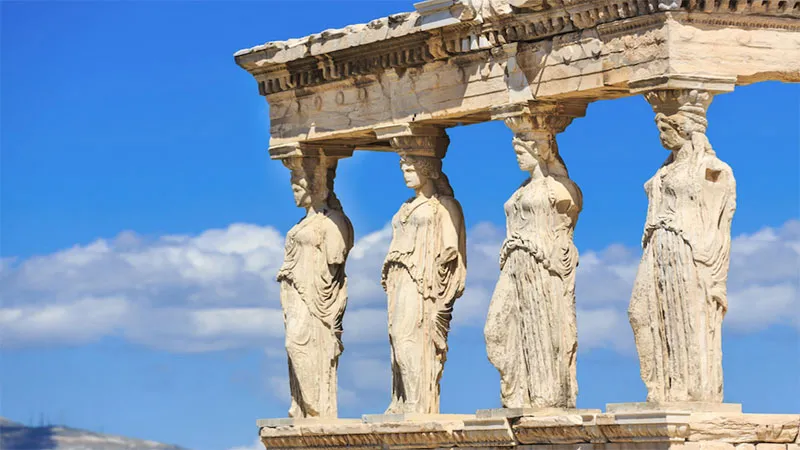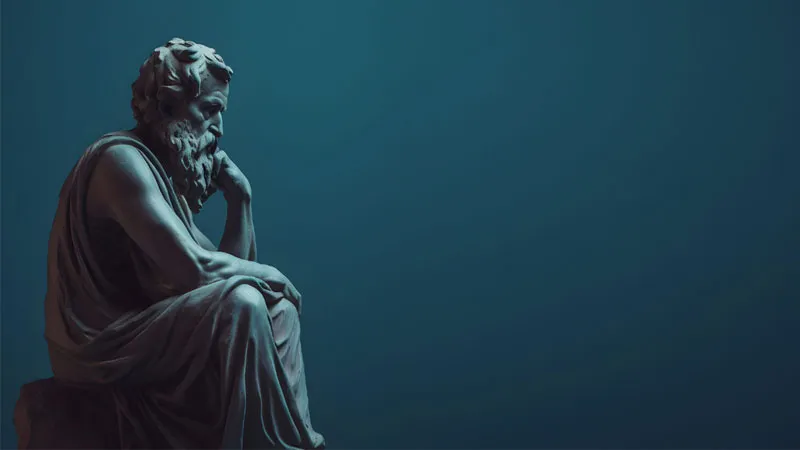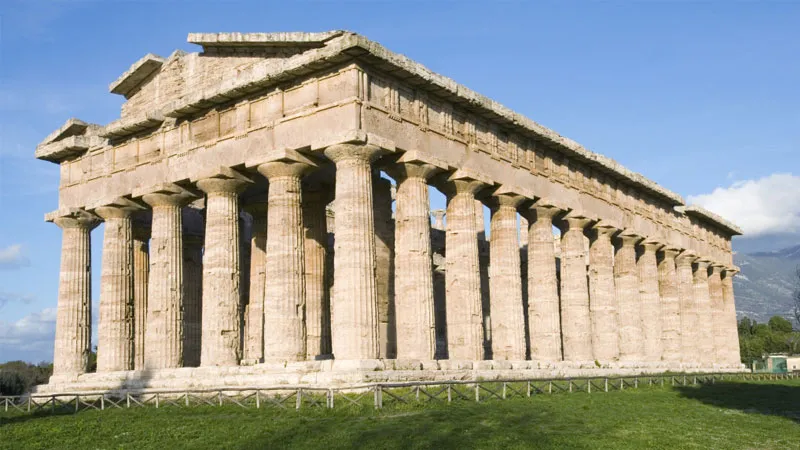Rewriting Civilization: Reclaiming Mehr And The Suppressed Ethical Nexus – OpEd
The narrative of Western exceptionalism, developed during the Enlightenment and solidified through colonial expansion, portrays European civilization as the pinnacle of human rationality, political progress, and moral development. This narrative involved a selective interpretation of ancient history. Greece was celebrated as the intellectual ancestor of modern Europe, while neighboring Eastern civilizations—particularly Iran—were often marginalized or demonized.
This myth served not only as a way to interpret the past but also as a justification for the colonial subjugation of other peoples who were deemed ‘irrational’ or ‘pre-modern.’
Why Greece Had to Be European?
To maintain a continuous civilizational narrative from ancient Athens to Enlightenment Europe, it was essential to portray ancient Greece as culturally and racially European. This portrayal required detaching Greek achievements from their historical interactions with Eastern traditions. Although Greek thought emerged through contact with Persian and Egyptian influences, philosophers and political theorists sought to eliminate these foreign elements to uphold the illusion of Western purity. As Martin Bernal argued in his book ‘Black Athena’ (1987), this separation was not a historical necessity but rather an ideological act of exclusion.

The Suppression of Mehr in Political Thought
Mehr is an ancient Iranian principle that originates from Mithraic and later Zoroastrian ethics. It emphasizes truth, justice, compassion, and loyalty. This principle played a crucial role in shaping the moral and political framework of Achaemenid governance, where the legitimacy of kingship was based on ethical behavior and the service to the public good. Mehr was not just a spiritual doctrine; it also served as an administrative ethos that influenced policies of religious tolerance, social unity, and multicultural integration. However, this ethical tradition has been largely excluded from modern political philosophy, which tends to align itself with Rome’s coercive logic instead of embracing Iran’s moral legacy.
Greek Ethical Philosophy and the Concept of Mehr
Classical Greek political philosophy and Iranian Mehr share both historical and conceptual ties. In Xenophon’s *Cyropaedia*, Cyrus the Great is depicted as an ideal ethical leader—wise, just, and humble—who embodies both Persian virtues and Greek philosophical principles. Similarly, in *The Republic*, Plato describes the philosopher-king as someone who rules through inner harmony and a commitment to the common good, reflecting Mehr’s call for moral leadership.
Aristotle’s “Nicomachean Ethics” and *Politics* focus on eudaimonia and virtue, concepts that align with Mehr’s emphasis on societal well-being and distributive justice. Epicurus championed communal care, ataraxia (peace of mind), and the reduction of suffering—ethical aims that resonate with Mehr’s dedication to social harmony.
The ideals of universal brotherhood, leadership through moral example, and governance grounded in reason echo the cosmic order of Asha in Persian thought. These parallels suggest that Greek and Persian political philosophies are part of a shared intellectual tradition that the West later fragmented and selectively appropriated.

Rome and the Shift Toward Power
Unlike Greece and Iran, Rome established political authority through conquest, legalism, and fear. The Roman model of governance, which was based on centralized power and military expansion, laid the groundwork for modern Western political systems. Thinkers like Machiavelli, Hobbes, and Weber redefined politics as the management of violence rather than the pursuit of justice. This transformation overshadowed traditions like Mehr, which argued that political authority should be grounded in ethics rather than force.
Trial by Combat and the Ethics of Justice
One notable example of the Western reliance on violence as a legitimate form of justice is the practice of trial by combat. This legal ritual, common in medieval Europe, allowed disputes to be resolved through physical confrontation, under the belief that divine will would grant victory to the righteous. This practice is based on the assumption that truth can be revealed through domination, reflecting the doctrine of ‘might makes right.’ In sharp contrast to Mehr, which emphasizes moral discernment, empathy, and truthfulness, trial by combat illustrates a society where justice is subordinate to power.
During the Crusades, especially in encounters between European and Eastern civilizations, the brutality and irrationality of practices like trial by combat were clearly recognized. Contemporary Islamic and Persian scholars often referenced such customs as indicators of European barbarism and moral underdevelopment. These critiques highlighted the difference between an ethics-based conception of justice, as found in Mehran traditions, and the coercive, violent norms of medieval European law.
Thus, trial by combat represents not just a curious relic of the past, but also a symbolic illustration of the profound philosophical divide between two competing visions of justice—one anchored in power, the other in moral legitimacy.
Erasing the Iranian Contribution to the Islamic Golden Age
The Abbasid Caliphate came to power in 750 CE through the Behzādan (Abū Muslim) revolution, which was supported by Persian administrative expertise and a moral-political philosophy rooted in the concept of Mehr. Iranian dynasties, such as the Barmakids and Buyids, governed Baghdad and established institutions that played a crucial role in the Islamic Golden Age. However, Western historiography has often labeled this civilization as ‘Arab-Islamic,’ effectively erasing its Persian roots. This misrepresentation distorts Islamic history and reinforces the marginalization of Iran’s civilizational contributions.
The Return of Mehr: A Political Reckoning
As liberal democracies face rising authoritarianism, civic alienation, and institutional breakdown, their reliance on power-centric models derived from Roman logic has proven inadequate. The ethical void left by the suppression of traditions like Mehr is becoming increasingly apparent.
Once dismissed as archaic or Oriental, Mehr is reemerging as a vital framework for addressing modern challenges. It offers a vision of politics grounded in empathy, responsibility, and moral governance. The West, having previously overlooked Mehr, is now experiencing the consequences of that erasure.
The revival of Mehr is not just a historical correction; it is an existential necessity.
Conclusion: Toward a Restored Ethical Politics
Reclaiming Mehr means restoring a model of governance that prioritizes human dignity, ethical responsibility, and collective well-being. It recognizes that the ancient Iranian contributions to global political thought—often obscured by colonial myths and racial hierarchies—are essential for addressing today’s crises. Rewriting the narrative of civilization involves not only acknowledging the past but also building futures based on moral foundations of compassion and justice. In this context, Mehr is not a forgotten relic but a living alternative whose time has come.

